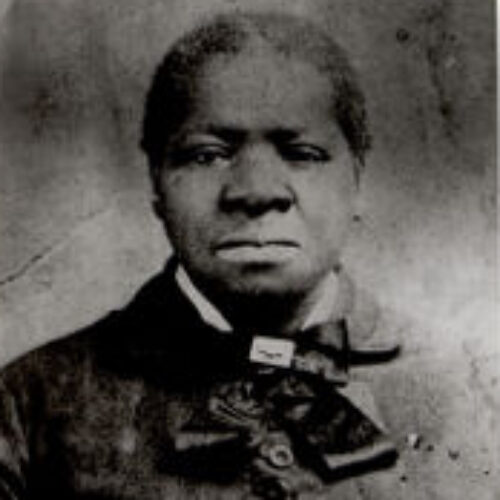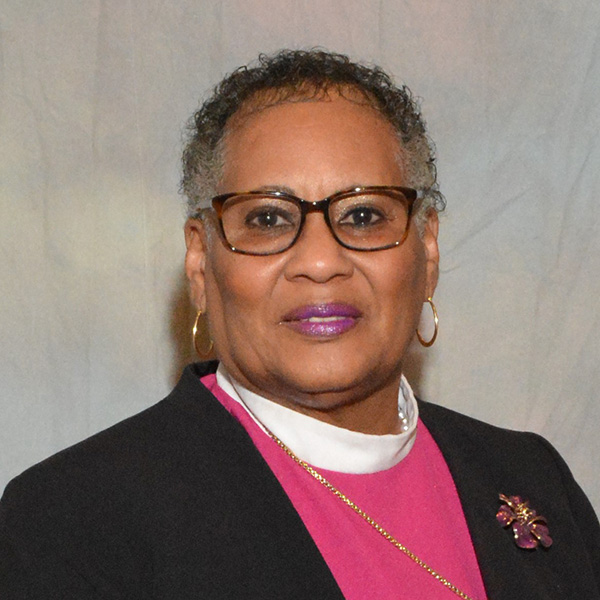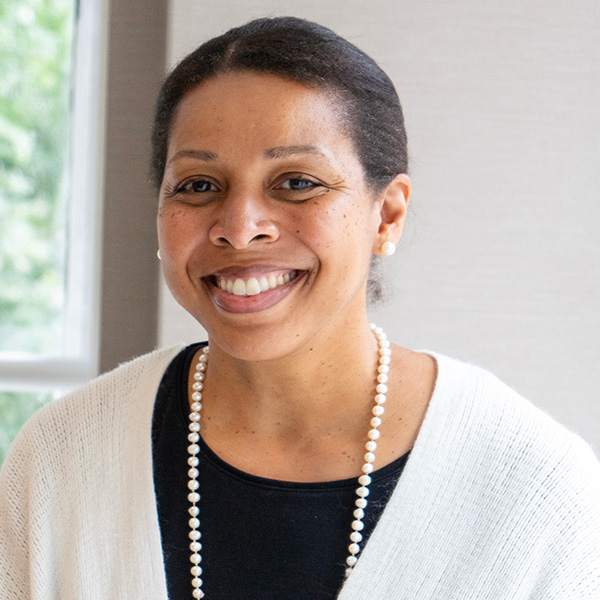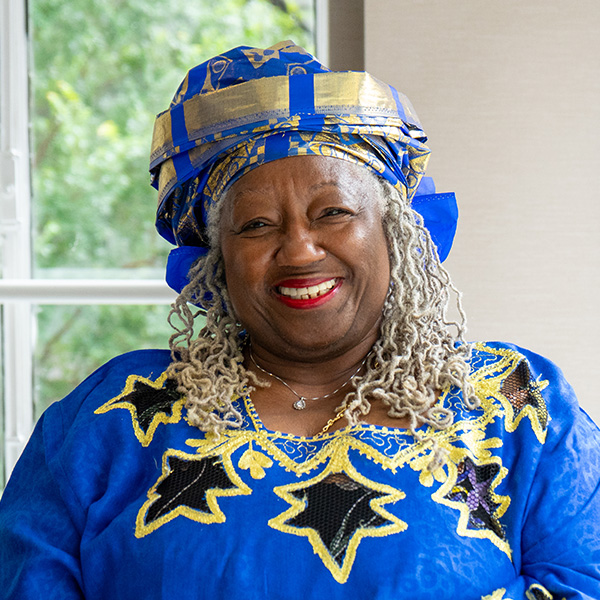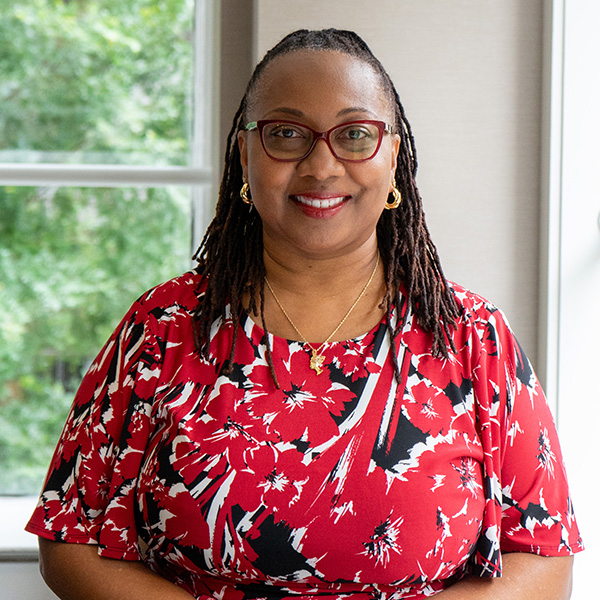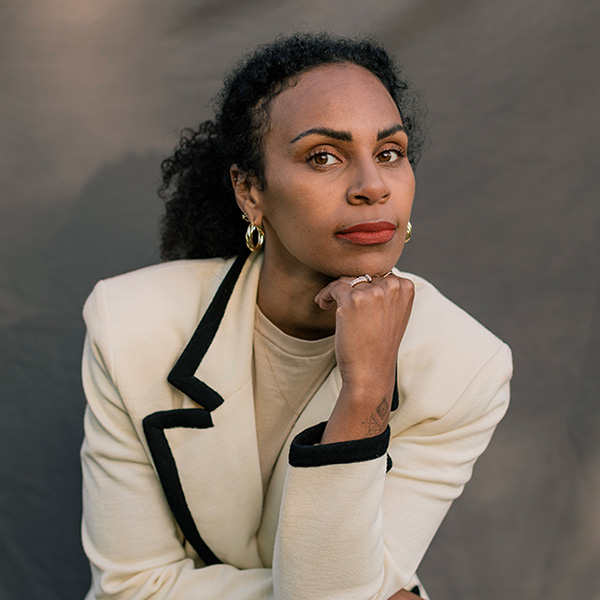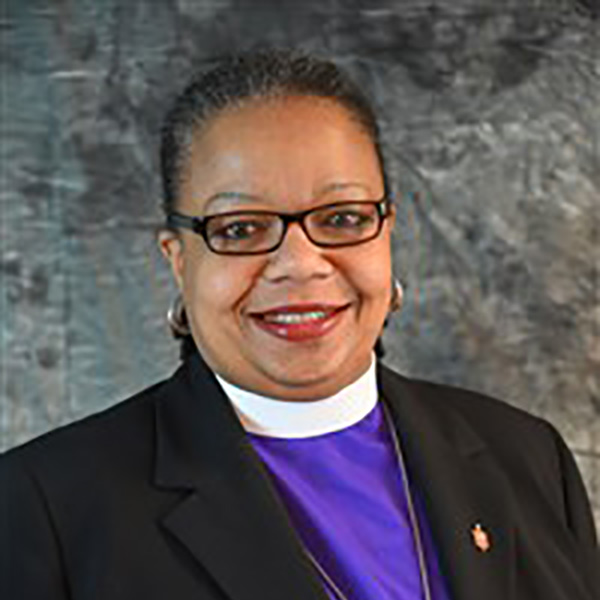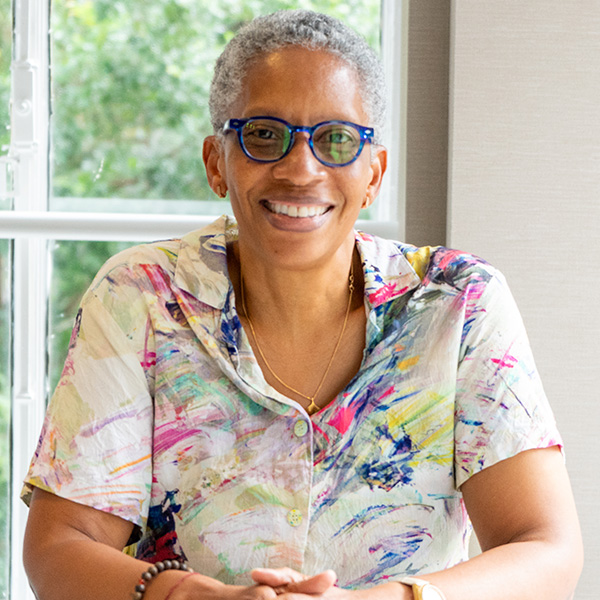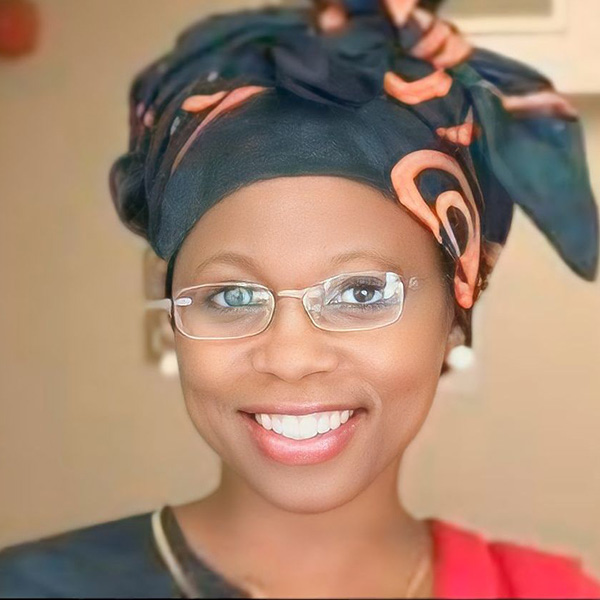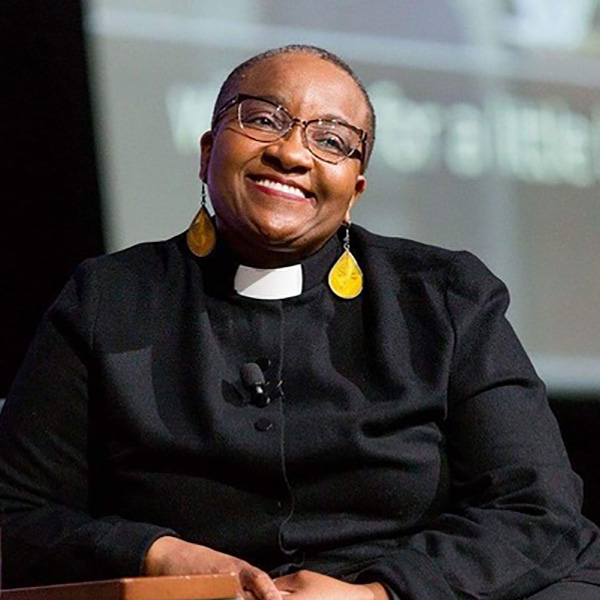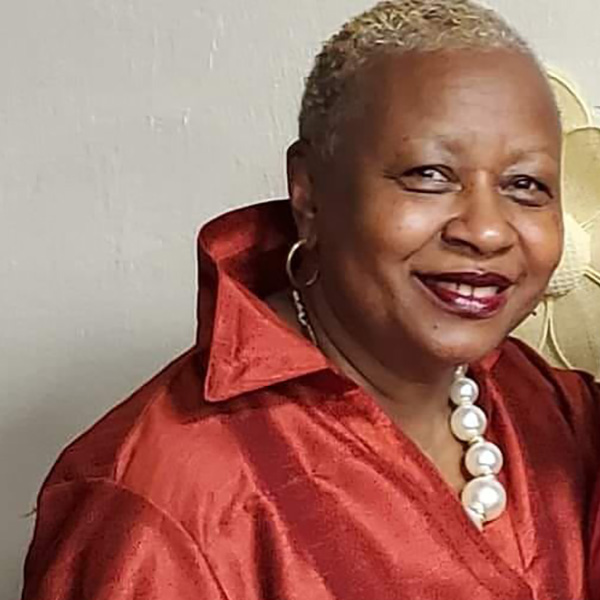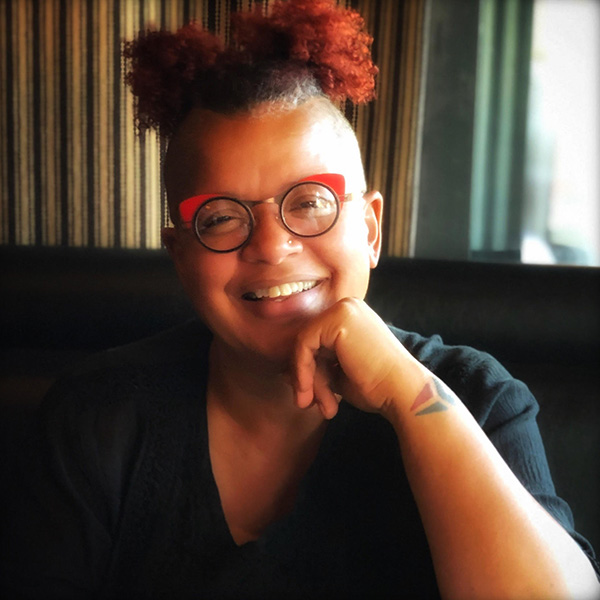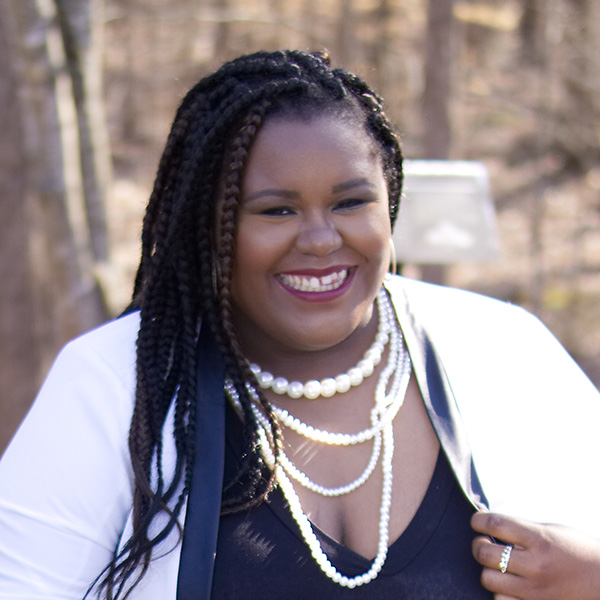Biography
Early Life
Bridget Biddy Mason founded First African American Episcopal (AME) Church in 1872, which was the first African-American-led church in Los Angeles. Mason was born enslaved in Hancock County, Mississippi, in 1818. By her teens, she was adept at treating illnesses for Blacks and whites.
She parlayed her skills as a healer into midwifery and had her first of three children at age 20. Like other enslaved Black women in the South, Mason’s life circumstances were dictated by her enslavers. So, when Joseph Smith and his family decided to convert to Mormonism and travel West in a 300-wagon caravan, Mason and her children were compelled to follow.
Despite the Smith’s conversion, Mason never embraced the religion. Instead, Mason held steadfast to the faith traditions that she was taught in the plantation South.
Mason’s journey West was arduous and cruel. Beginning in 1848, she and her children reportedly walked behind the Smith’s wagon from Mississippi to Salt Lake City, Utah.
Free from Enslavement
A few years later in 1851, the Smiths moved to San Bernardino, California – forcibly removing Mason, her children, and other enslaved peoples from Utah. Since California was a free state and did not accept slavery as law, Mason worked with the free Black community to petition the court for her freedom.
By 1856, the Los Angeles District Judge granted her petition, freeing not only Mason from enslavement but an additional 13 members of her family. Mason celebrated her newfound freedom by moving to Los Angeles.
Community and Religious Leader
She worked as a medical caretaker and midwife, which made her a trusted and highly regarded member of the Black community. She was so successful in her profession that she earned enough money to purchase property, become a philanthropic leader, and help found a school for Black children.
Of all her achievements, one of her most notable was being a founder of First A.M.E. Church in Los Angeles in 1872. She hosted the Black congregation in her home, which was foundational in the establishment of Black religious life and culture in the city.
Mason’s faith sustained her through the 1700-mile journey West and emboldened her to claim freedom not just for herself, but for others. Her legacy and impact remained significant for African Americans a century after her leadership helped establish First A.M.E. Church.
In 1971, in recognition of the establishment of First A.M.E. Church, their old church building was designated the Biddy Mason Cultural Center – prompting the LA Times to regard Mason as an “Early Humanitarian.” In addition, the Federation of Black History and Arts, Inc., proclaimed, “Biddy Mason is a symbol of power and faith” and the church was known as “the first Black Historic-Cultural Monument West of the Mississippi.”
Bridget Biddy Mason is still regarded as one of the most influential Black women whose contributions and faith shaped African American religion, culture, and community in the western United States.
